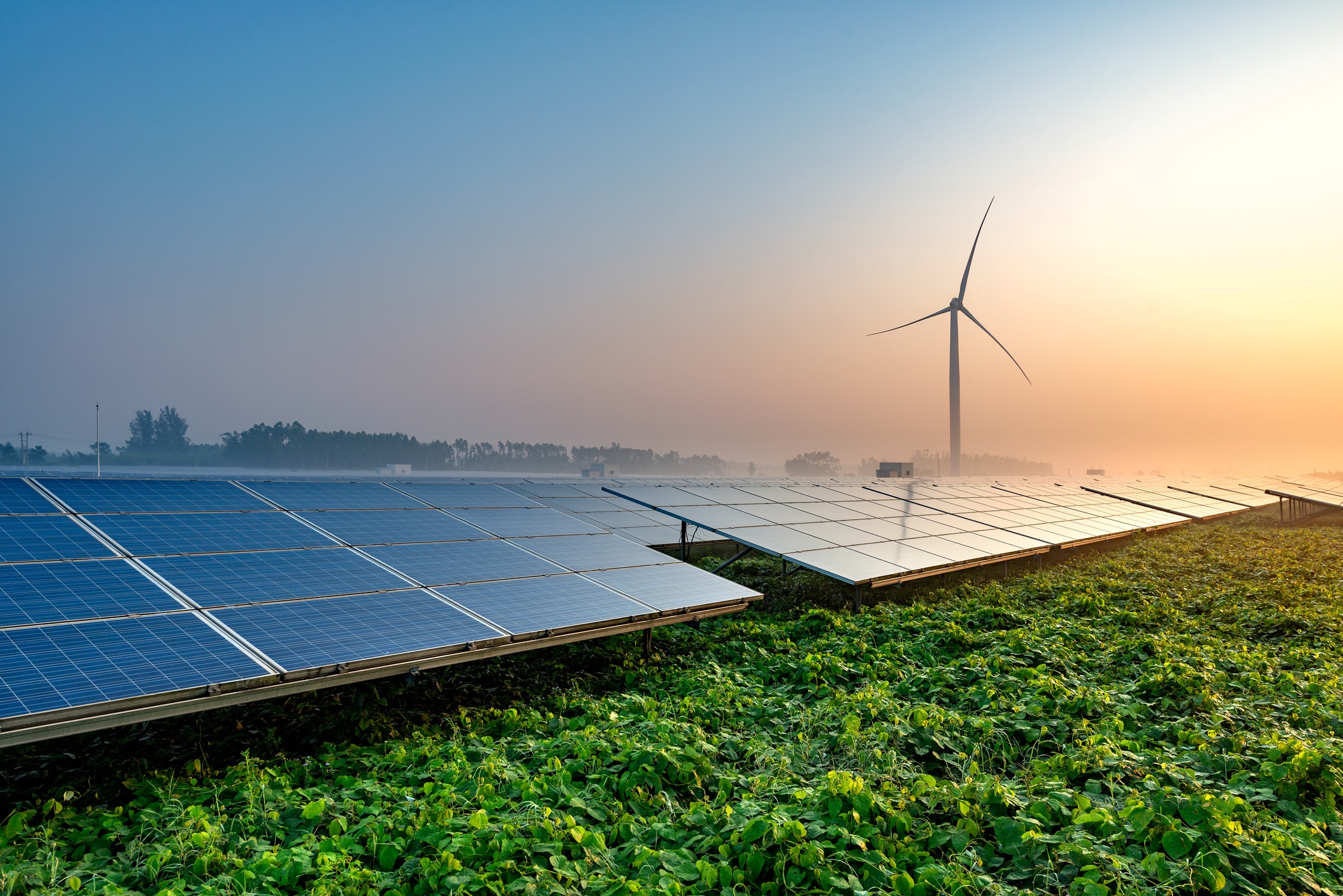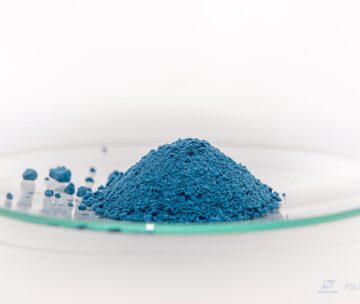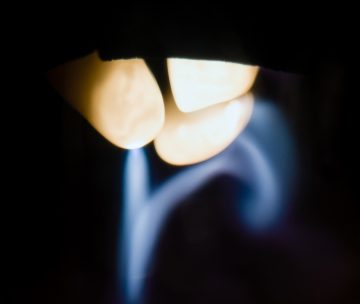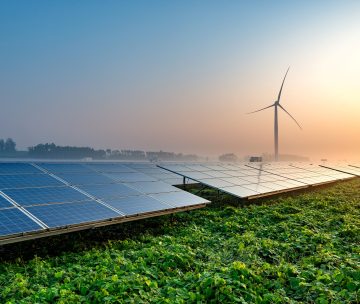
PERSEE has been a pioneering Center in low-carbon technologies for over 40 years, covering a broad spectrum of research, from nanomaterials to complex energy systems. Our project combines scientific excellence and applied research to serve the industry and society.
PERSEE explores three major themes: materials and components for energy, energy storage and conversion processes, and the integration of new technologies into energy systems.
The team has cutting-edge expertise in the fields of aerogels, hydrogen, plasmas, renewable energies and artificial intelligence, all aimed at decarbonising energy systems.

An important part of our work is dedicated to (nano)materials, synthesized using two families of complementary processes. The first one involves “soft chemistry” in liquid phase (e.g. aerogels), and the other uses plasma processes (e.g. carbon blacks) in “high-temperature” gas phase. We pay specific attention to the detailed characterization of these materials and their integration into innovative components (e.g. membrane-electrodes assembly).
These developments are mainly focused on three applications: energy storage (e.g. batteries and supercapacitors) and conversion (e.g. PEM fuel cells and electrolyzers) and energy conservation (e.g. thermal superinsulators).

We work on thermochemical conversion: pyrolysis, reforming, assisted combustion of hydrocarbons (especially renewable) and chemical reconversion of CO2 with plasmas. The whole set of processes developed and studied are based on the use of thermal and non-thermal plasma sources with different integration approaches.
Research on electrochemical conversion focuses mainly on fuel cells and their hydrogen supply. This includes “low-temperature” proton exchange membrane fuel cells (PEMFC) for terrestrial mobility.
A major part of our work also focuses on low-carbon hydrogen production by electrolysis and pyrolysis.

Our research in this field involves developing methods and tools for the optimal integration of innovative technologies (including renewable energies) into energy systems (i.e. networks like smart-grids, multi-energy systems, territories, energy communities, industrial basins, virtual power plants, etc.) and electricity markets.
These include: the development of advanced short-term forecasting methods for energy (wind and solar production, consumption, dynamic capacity of power lines (DLR), market prices); the control and predictive management of the concerned systems on timescales ranging from real time to a few days; and prospective modelling of energy system evolution to optimise planning decisions as part of their transition to low-carbon systems.